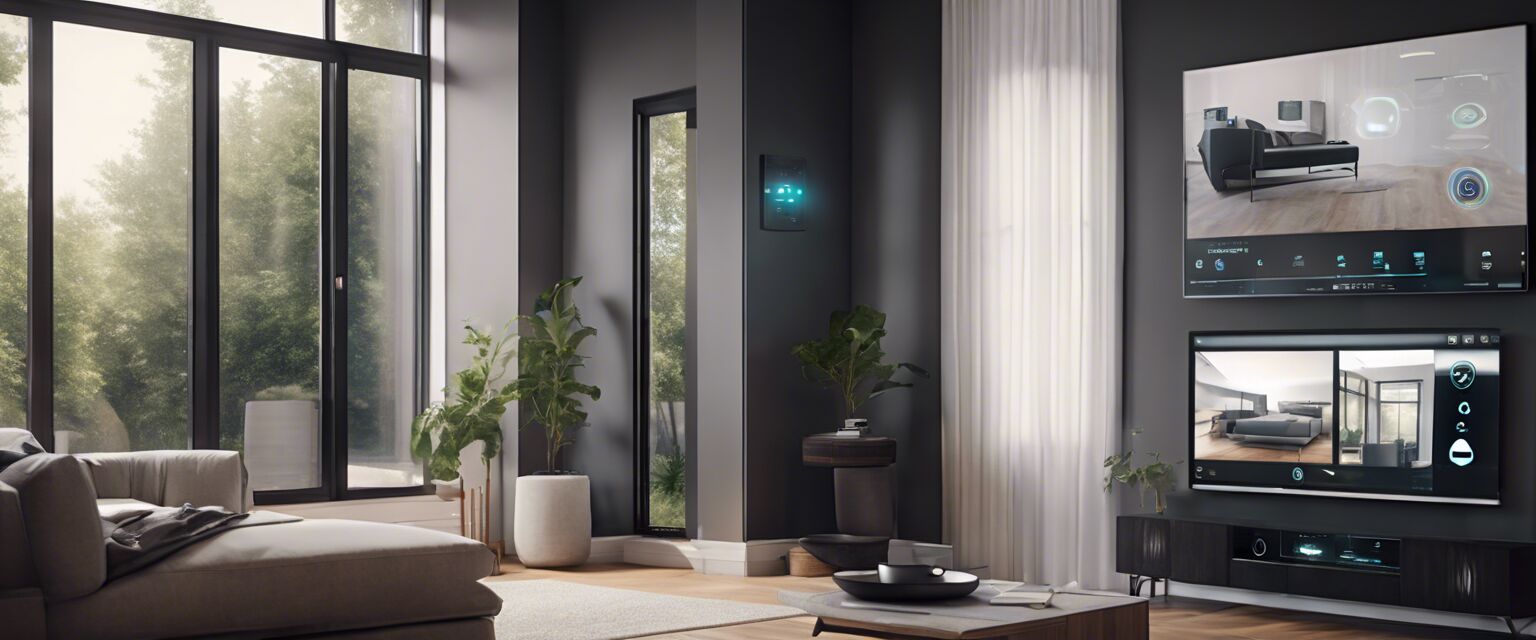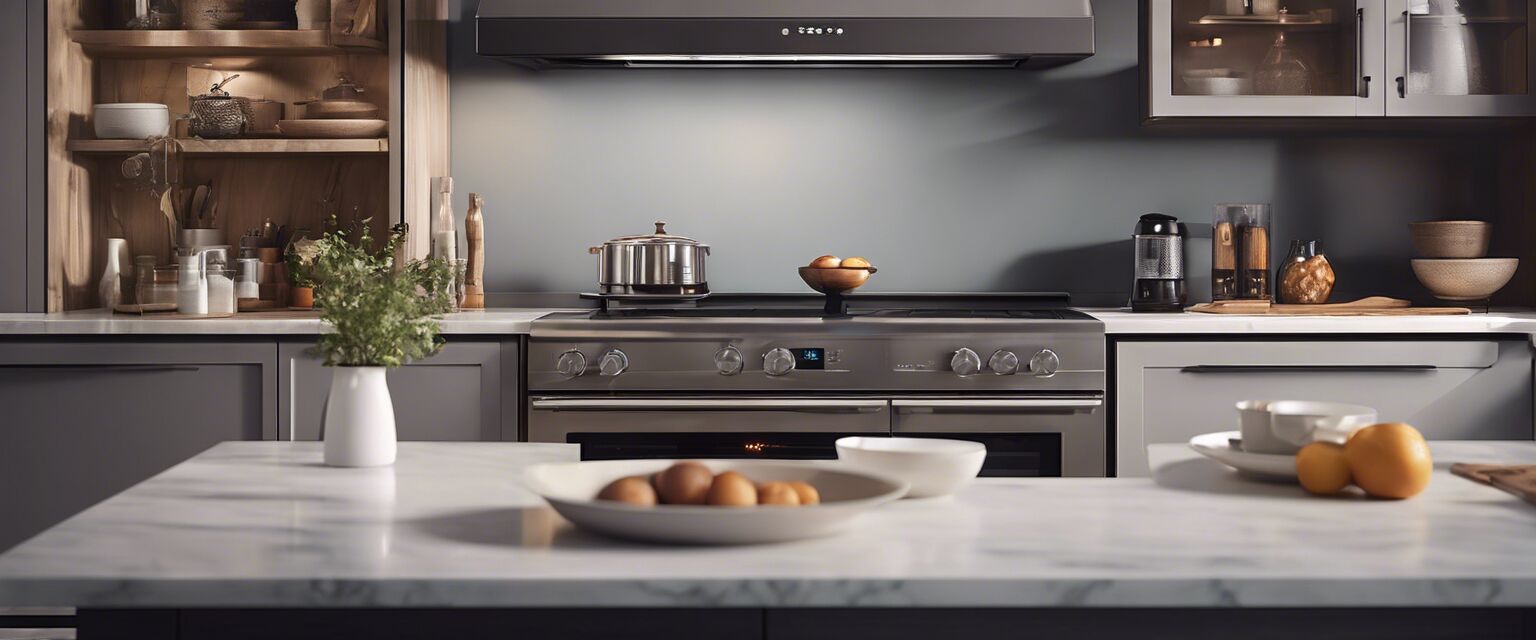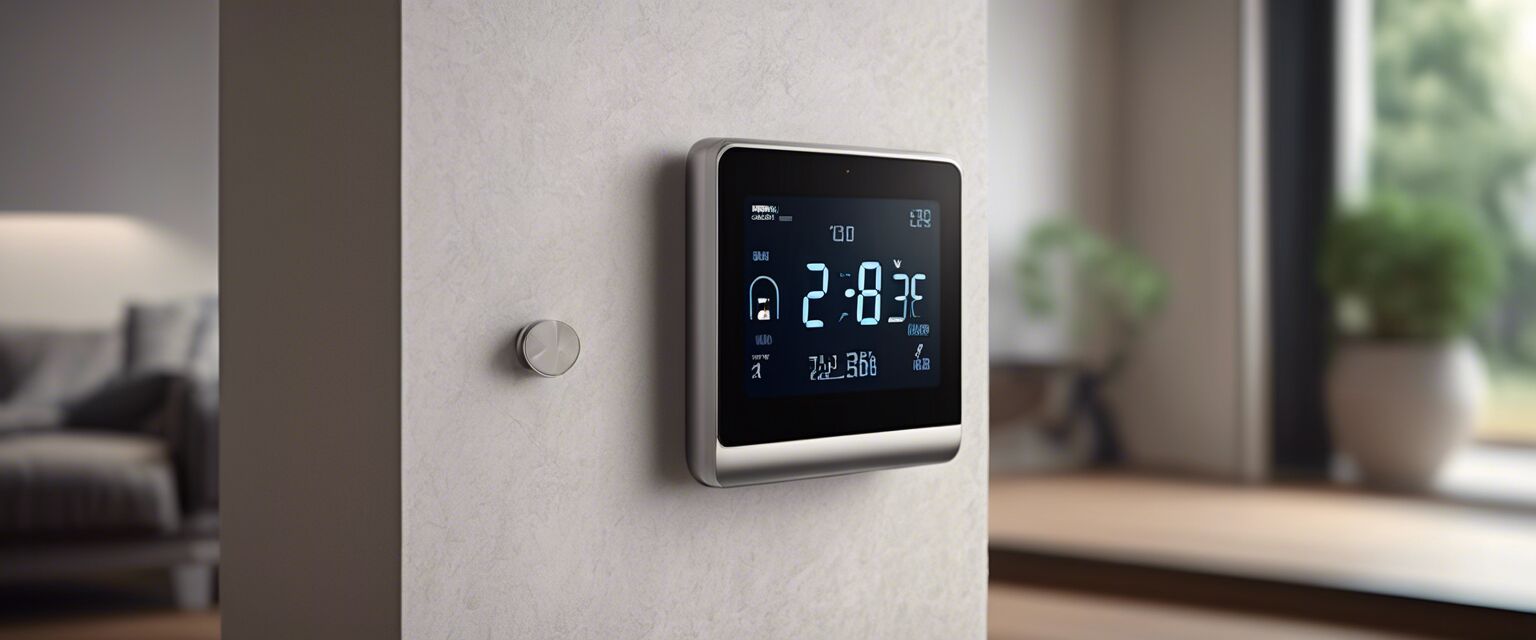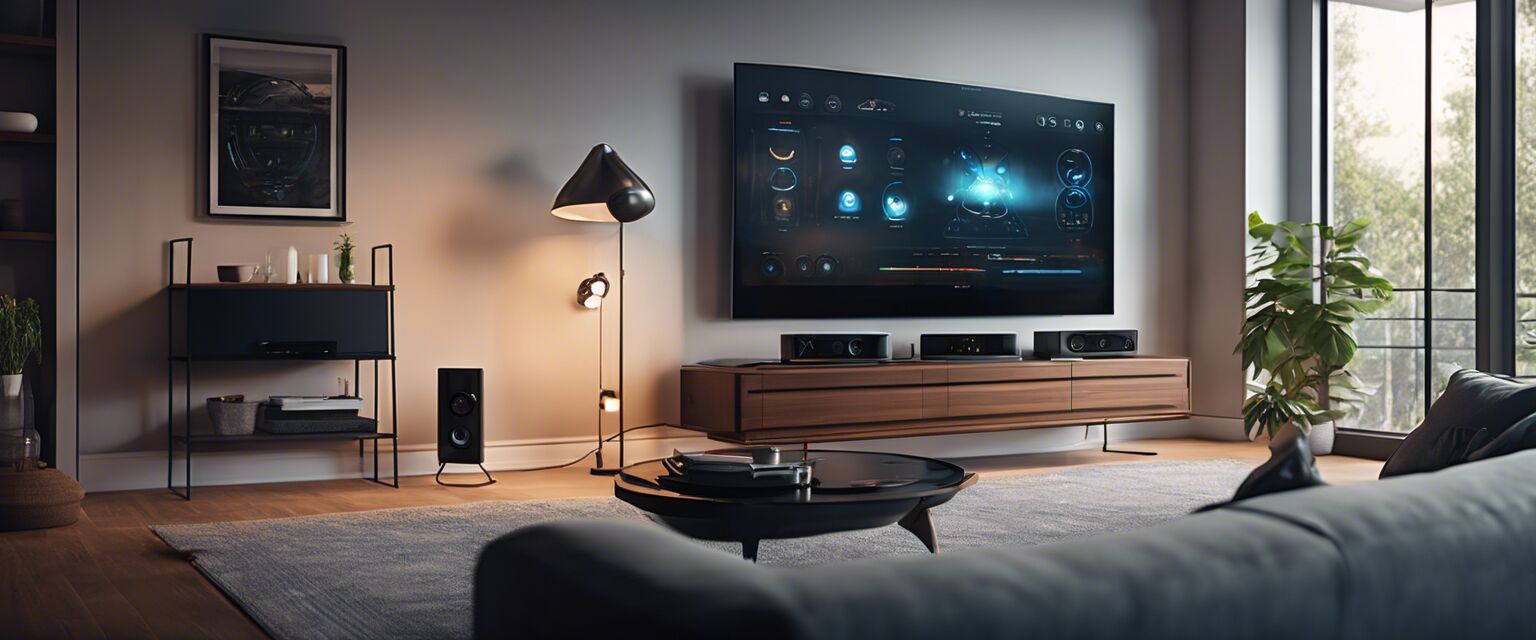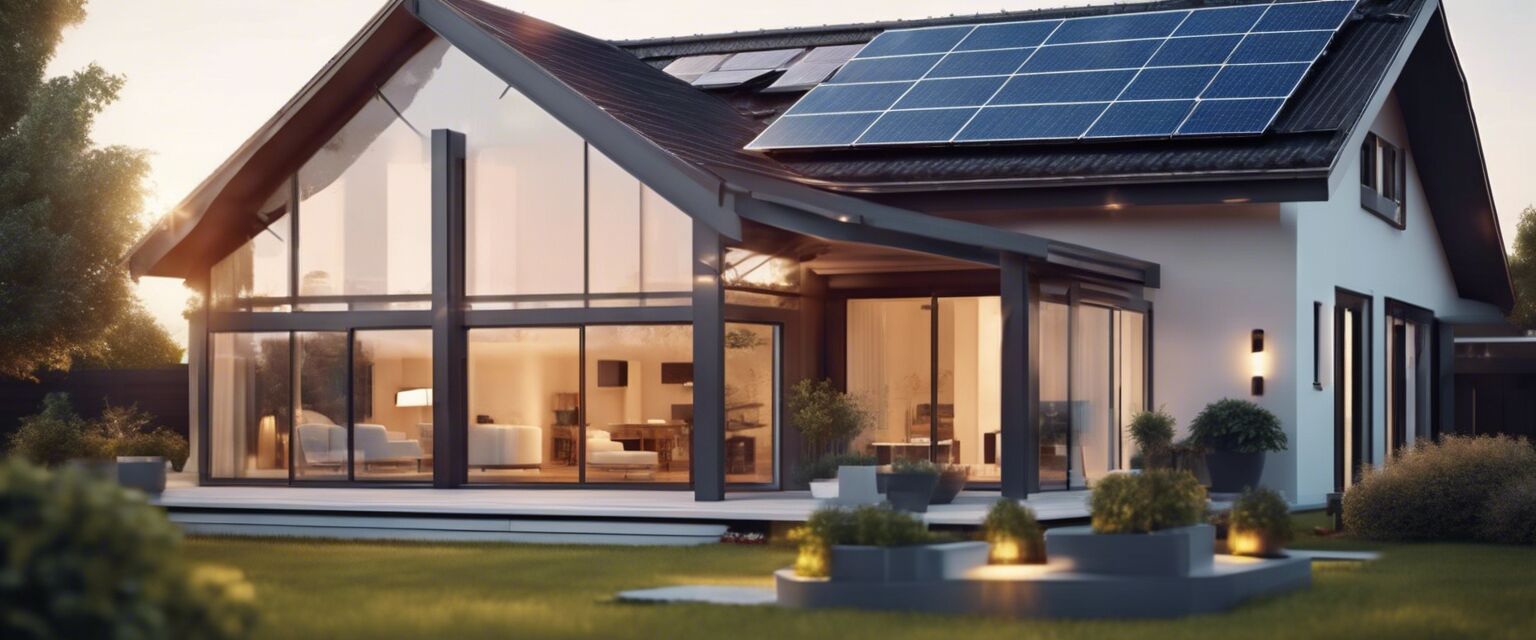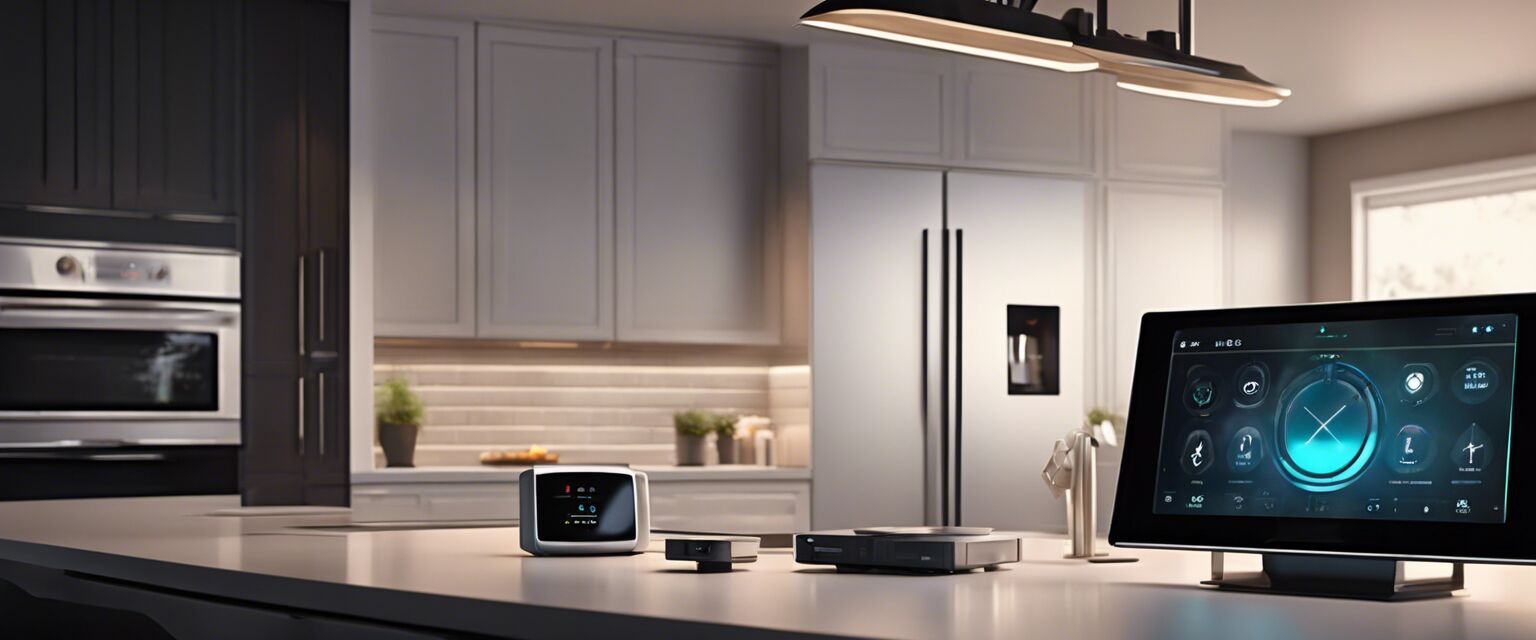
Home automation hubs and platforms
Key Takeaways
- Home automation hubs centralize control of smart devices.
- Platforms vary in compatibility, features, and user experience.
- Choosing the right hub can simplify your smart home setup.
As technology evolves, home automation is becoming more accessible and necessary for modern living. Home automation hubs and platforms serve as the central point for managing various smart devices in your home. This article dives deep into the different types of hubs available, their features, and how they can simplify your everyday life.
What is a home automation hub?
A home automation hub is a device that acts as a control center for smart home devices. It enables communication between various gadgets and allows users to manage everything from one location. Hubs can connect various devices, such as lights, thermostats, and security systems, ensuring seamless integration.
Different types of home automation hubs
There are several types of home automation hubs available, each with its unique features and capabilities. Below is a comparison of the most popular hubs in the market:
| Hub Type | Compatibility | Features | Price Range |
|---|---|---|---|
| SmartThings Hub | Wide range of devices | Custom automations, voice control | $70 - $150 |
| Amazon Echo Plus | Alexa compatible devices | Built-in speaker, Zigbee hub | $150 - $200 |
| Apple HomePod | HomeKit compatible devices | High-quality audio, Siri integration | $300 - $350 |
| Wink Hub | Various protocols | Easy setup, mobile app control | $70 - $100 |
| Hubitat Elevation | Local processing | Advanced automation options | $150 - $200 |
Popular home automation platforms
Home automation platforms dictate how your devices interact with each other. Below are some of the most popular platforms:
- Google Home: Integrates with Google Assistant to manage devices and create routines.
- Amazon Alexa: Offers voice control and compatibility with a wide range of devices.
- Apple HomeKit: Focuses on security and privacy while offering seamless integration with Apple devices.
- IFTTT: Allows automation of tasks between different platforms and devices based on specific triggers.
How to choose the right home automation hub
Selecting the right home automation hub depends on various factors. Hereâs what to consider:
Tips for choosing a home automation hub
- Assess device compatibility: Ensure the hub can connect with your existing devices.
- Consider user interface: A user-friendly app or interface will enhance your experience.
- Look for automation capabilities: Choose a hub that allows for customization and automation of tasks.
- Evaluate customer support: Reliable customer service can help troubleshoot issues effectively.
Advantages of using a home automation hub
Home automation hubs offer several benefits that can enhance your smart home experience:
Pros
- Centralized control of devices.
- Improved device compatibility.
- Enhanced automation features.
- Remote access and control.
Cons
- Initial setup can be complex.
- Cost of the hub and compatible devices.
- Potential for device compatibility issues.
Future of home automation hubs
The future of home automation hubs looks promising. With advancements in technology, we can expect more versatile and user-friendly hubs that integrate seamlessly with our daily lives. Innovations like AI and machine learning will likely enhance automation capabilities, making our homes smarter than ever.
Conclusion
Home automation hubs play a crucial role in managing smart devices within your home. By understanding the different types of hubs and platforms available, you can make an informed decision that best suits your home automation needs. Whether you are just starting or looking to upgrade your system, the right hub can simplify your smart home experience.
Discover more about smart home automation
For further exploration of smart home devices, check out our related categories:
- Home Entertainment
- Home Security
- Smart Cleaning Gadgets
- Smart Kitchen Appliances
- Smart Lighting
- Smart Thermostats
- Voice Assistants
Frequently asked questions
1. Can I use multiple hubs in one home?
Yes, you can use multiple hubs to manage different sets of devices, but it may complicate your automation setup.
2. Are home automation hubs secure?
Most modern hubs offer advanced security features, but itâs essential to keep your firmware updated and follow best security practices.
3. What devices can I connect to a home automation hub?
Most hubs can connect with smart lights, thermostats, cameras, and other smart home devices. Always check compatibility before purchasing.
4. Do I need a hub for my smart devices?
While not all devices require a hub, having one can enhance compatibility and provide a more unified experience.
5. How do I set up a home automation hub?
Setting up a hub typically involves connecting it to your Wi-Fi network, downloading the relevant app, and following the instructions to add devices.


